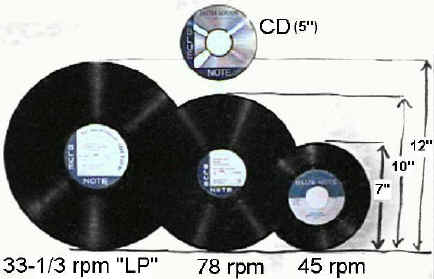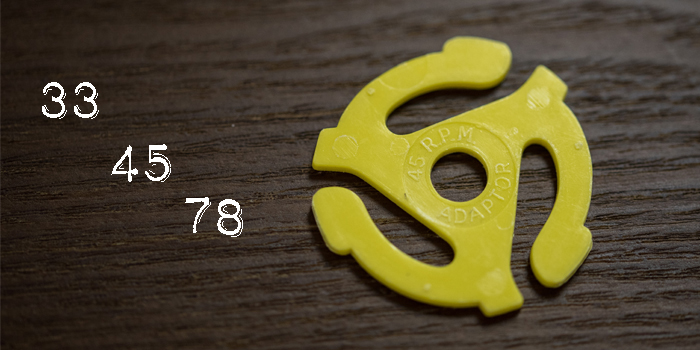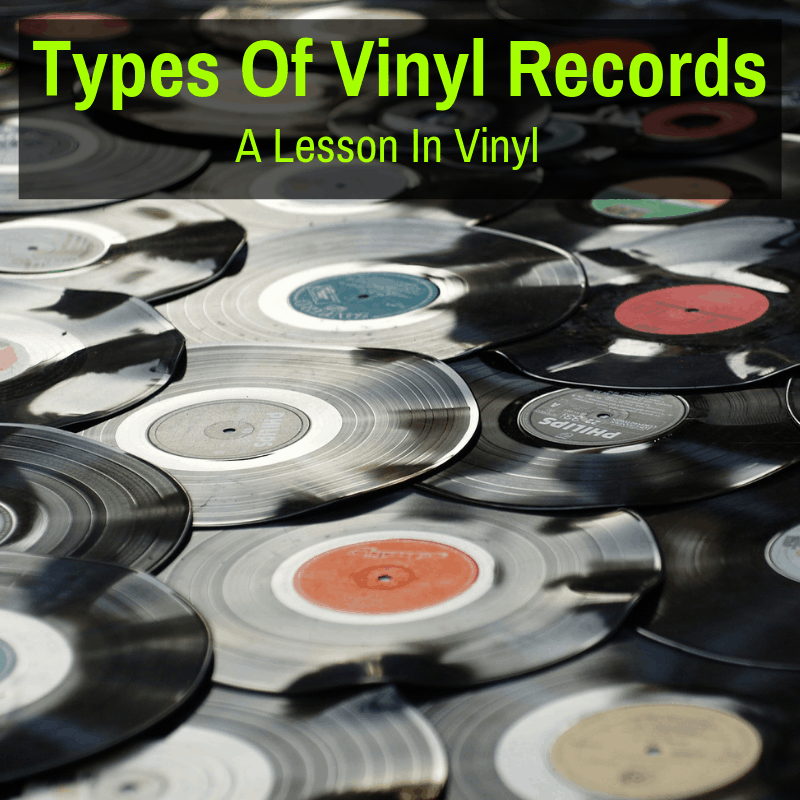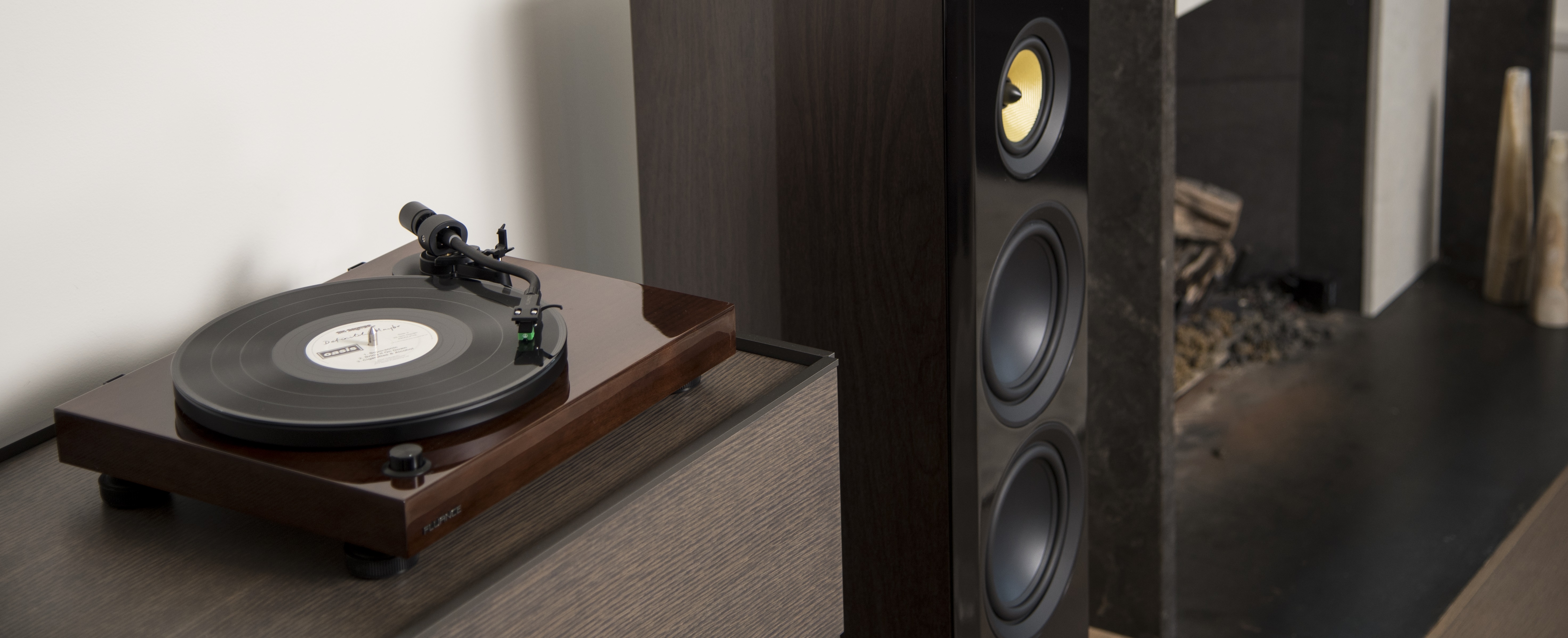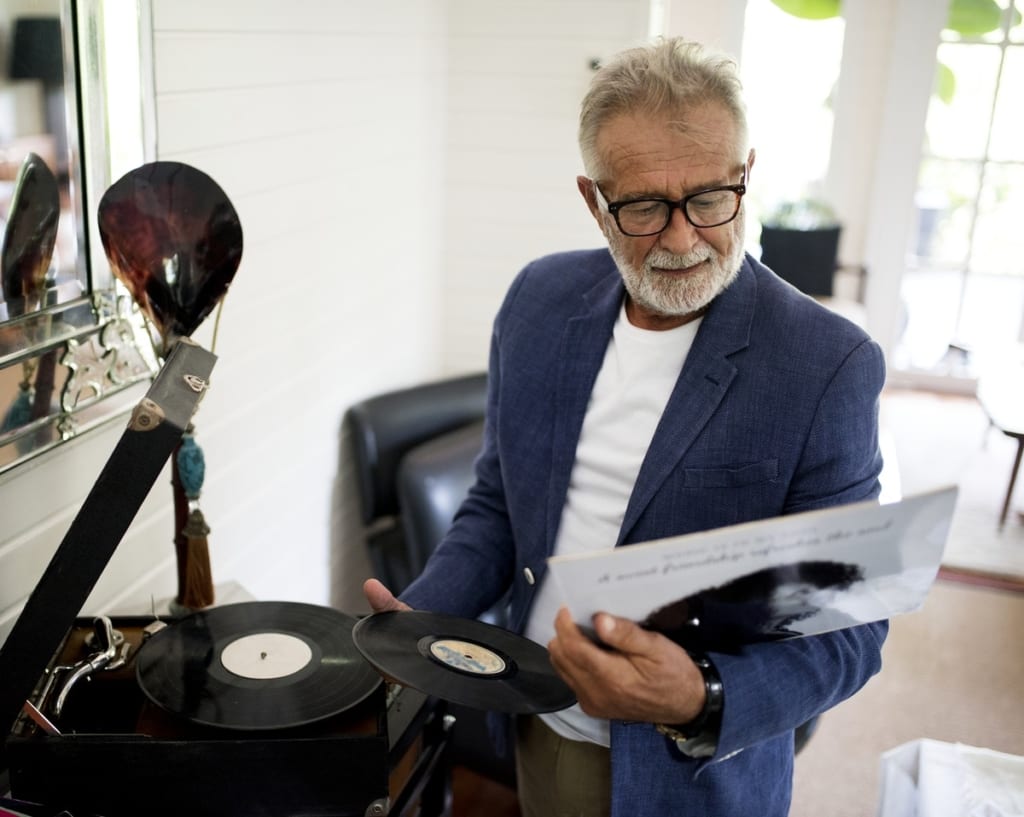Vinyl is an analog storage medium which means there is a physical record of the music imprinted on the vinyl disc read by a sensitive needle called a stylus.
Differences between a 78 vinyl record and 35 vinyl record.
From 1949 to around 1984 vinyl records be they 33 lps or 45 singles were the dominant music choice by consumers.
Vinyl records come in numerous speeds that impact playback and compatibility.
So through the twenties and thirties the process was used only in studios and radio stations.
Vinyl records typically come in three speeds.
Reign of thirty five years.
Playing speed was around 78 rpm.
It likely is so just asking.
The standard vinyl album is the 12 inch 33 rpm lp 7 inch 33 rpm ep and 7 inch 45 rpm single.
It is usually associated with single music release.
You may think are these related to the magical numbers from lost.
Introduced in 1948 lp long playing albums were a huge improvement on the existing shellac 78 rpm records that were both brittle and limited to less than five minutes of playback time per 12 inch side.
The difference in vinyl record speeds 33 45 and 78 records 33 45 78.
But the record manufacturers felt the fickle public then deserting the phonograph in favor of a newer novelty the radio would be put off by the cost of converting from 78 to 33 1 3.
33 45 and 78 rotations per minute rpm.
128 3k 1 8k gboe over 11 years ago this post is hidden because you reported it for abuse.
I remember 1 from around 1968 where only 1 track plays at 78 rpm and the rest at 33 1 3 permalink.
If you are a new comer to vinyl you may wonder what these numbers actually mean.
A few newer vinyl records does play at 78 rpm as a gimmick.
Most turntables can play 33s and 45s while 78s require a certain kind of stylus and motor speed.
33 45 and 78 rpm represents the speed at which the record spins on your turntable.
Yale edu historyof78rpms extended play ep record is commonly known as 45 rpm midsize vinyl record.
This flat disc record was common between about 1898 and the late 1950s.
Below is a brief overview of the most common vinyl formats including a brief introduction to 33 vs 45 rpm.
At this point consumers had three choices of speeds.
During the time when records were sold in more than one format simultaneously one of the formats was usually pressed in smaller quantities than the other.

